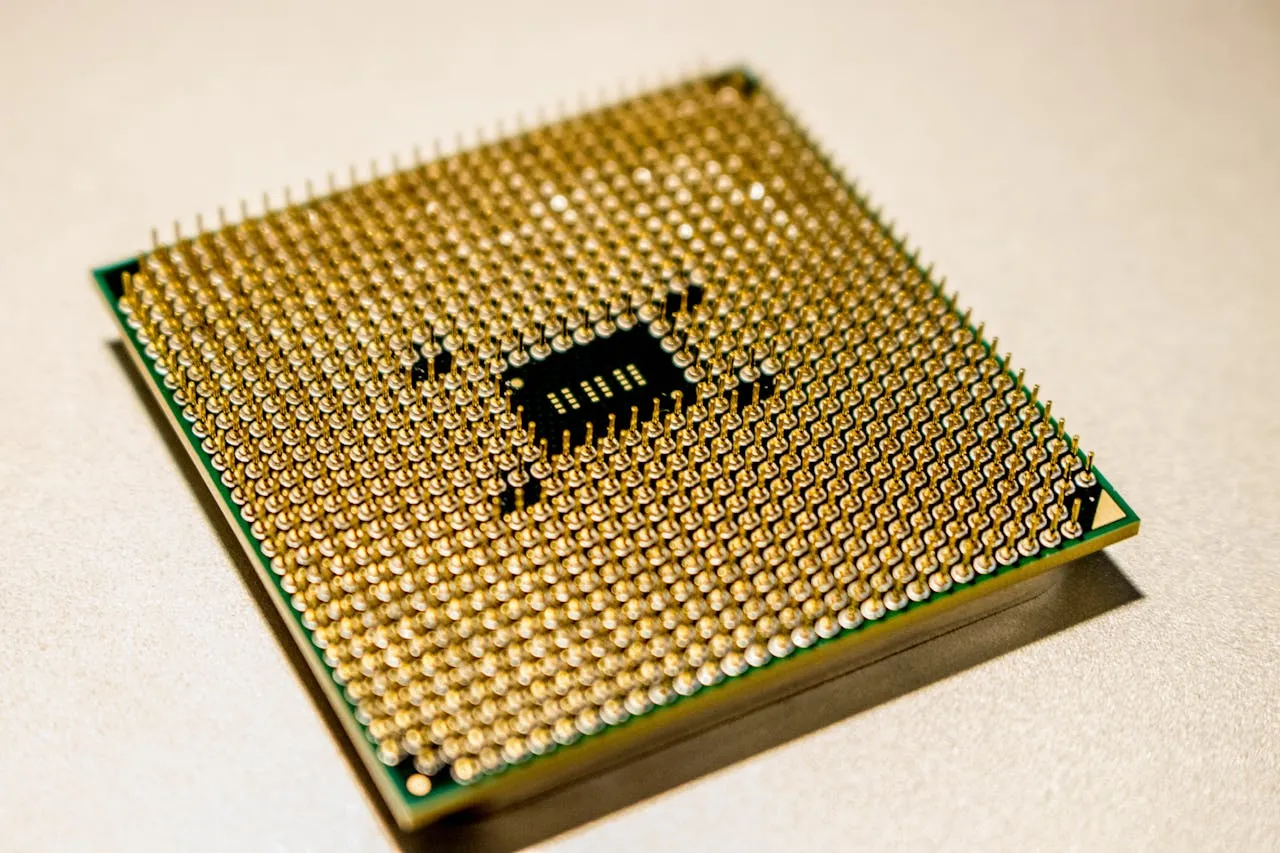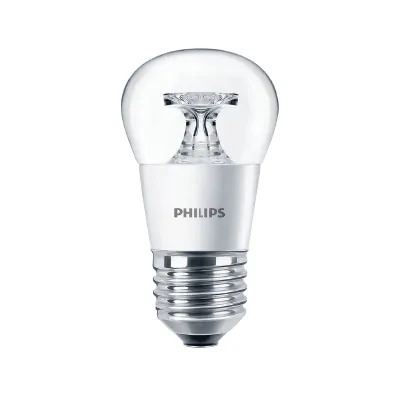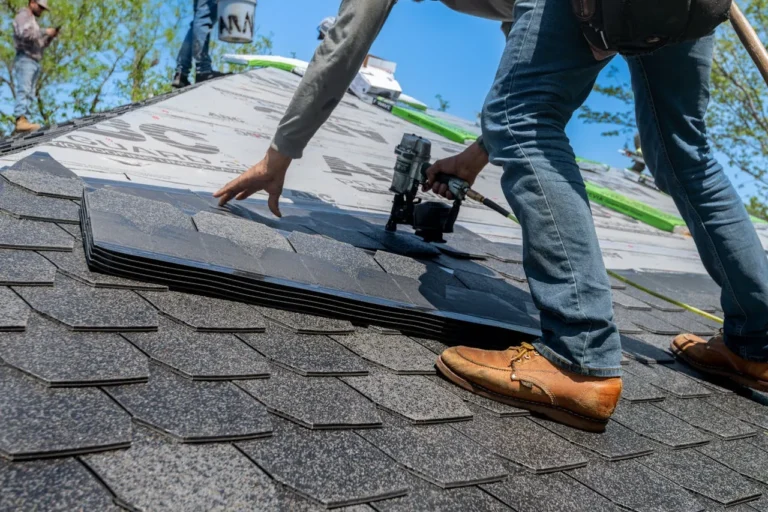
Seoul Semiconductor: Philips Lighting Products Mandated to Recall 7-Year-Old Products
On November 19, the District Court of Düsseldorf ruled in favor of Seoul Semiconductor Mandated in a series of patent infringement lawsuits, marking a significant victory for the company. The Court not only ruled that Philips Lighting, now known as Signify Group, had infringed on Seoul Semiconductor’s patents, but it also ordered the recall and destruction of all products manufactured by Philips Lighting and sold since March 2017. The ruling was accompanied by a strict penalty: a fine of up to €250,000 for each instance of non-compliance with the order.
Further cementing this legal victory, on December 17, the German Federal Patent Court affirmed the validity of the patents at the center of the dispute, further solidifying the strength of Seoul Semiconductor’s intellectual property rights. These patents cover key technology used to achieve a Color Rendering Index (CRI) of 70 or higher, a critical feature for products across various sectors including home lighting, automotive lighting, IT flash memory, and backlighting.
The court’s rulings are expected to have a significant impact on multiple markets, with potential ripple effects across industries worth more than $100 billion in finished goods and over $10 billion in packaging. These sectors include lighting, automotive, and information technology, all of which rely heavily on the patented CRI 70 technology.

Philips Lighting, which has since rebranded as the Signify Group, is one of the largest lighting companies globally, with annual revenues of approximately $7 billion in 2023. The court’s decision extends beyond the immediate parties involved, as it ordered Conrad Electronic, the global distributor of Philips products, to immediately halt the sale of certain infringing products. The recall order specifically applies to those products distributed in the market since March 29, 2017, which include various lighting products that use CRI 70 or higher technology. As part of the ruling, Philips Lighting affiliates face substantial financial penalties for non-compliance, with fines of up to €250,000 per violation.
This ruling is particularly important because it not only affects Philips Lighting but also has broader implications for the entire market of CRI 70 or higher products. In addition to the court’s ruling, Seoul Semiconductor successfully defended the validity of its patents against a lawsuit filed by Philips Lighting, further strengthening the company’s position in the global market for LED lighting and optoelectronics.
Seoul Semiconductor’s commitment to innovation and intellectual property protection has been a cornerstone of its business strategy for over 30 years. The company has invested heavily in research and development, allocating nearly $100 million annually—approximately 10% of its revenue—into R&D efforts. This investment has allowed Seoul Semiconductor to accumulate more than 18,000 patents in the optoelectronics sector, making it a key player in the LED industry. Additionally, the company has maintained a longstanding partnership with Mitsubishi Chemical Corporation (MCC), working collaboratively to enhance CRI performance in lighting applications.
Seoul’s founder and CEO, Chung Hoon Lee, addressed the significance of this legal victory, emphasizing the broader impact on innovation. He stated, “Infringement of intellectual property causes frustration among young entrepreneurs and innovative companies.” Lee further added, “Our investment in preventing technology theft helps to create a fairer market and encourages young people and companies around the world to continue innovating. This helps all of us contribute to a better world.” This statement reflects the company’s core mission, which is built around the values of honor, trust, and contribution to society.
By defending its intellectual property rights, Seoul Semiconductor has not only safeguarded its own innovations but also reinforced the importance of fair competition and the need to protect intellectual property within the tech and manufacturing sectors. The ruling in this case serves as a powerful reminder that technological advancements must be protected to foster a level playing field and encourage continued innovation.
Seoul Semiconductor’s victory sends a strong message to companies in the lighting and technology sectors: intellectual property infringement will not be tolerated, and the protection of patents is essential to maintaining a fair and thriving marketplace. As a result, this case could serve as a precedent for future patent disputes in the industry, influencing how companies approach both their intellectual property strategies and their legal responsibilities in a highly competitive global market.




